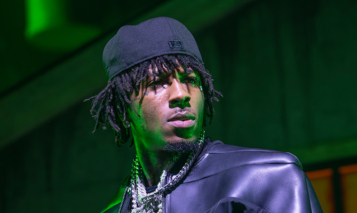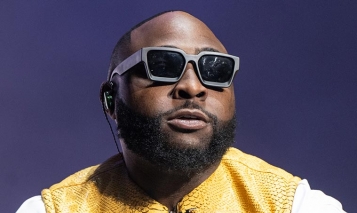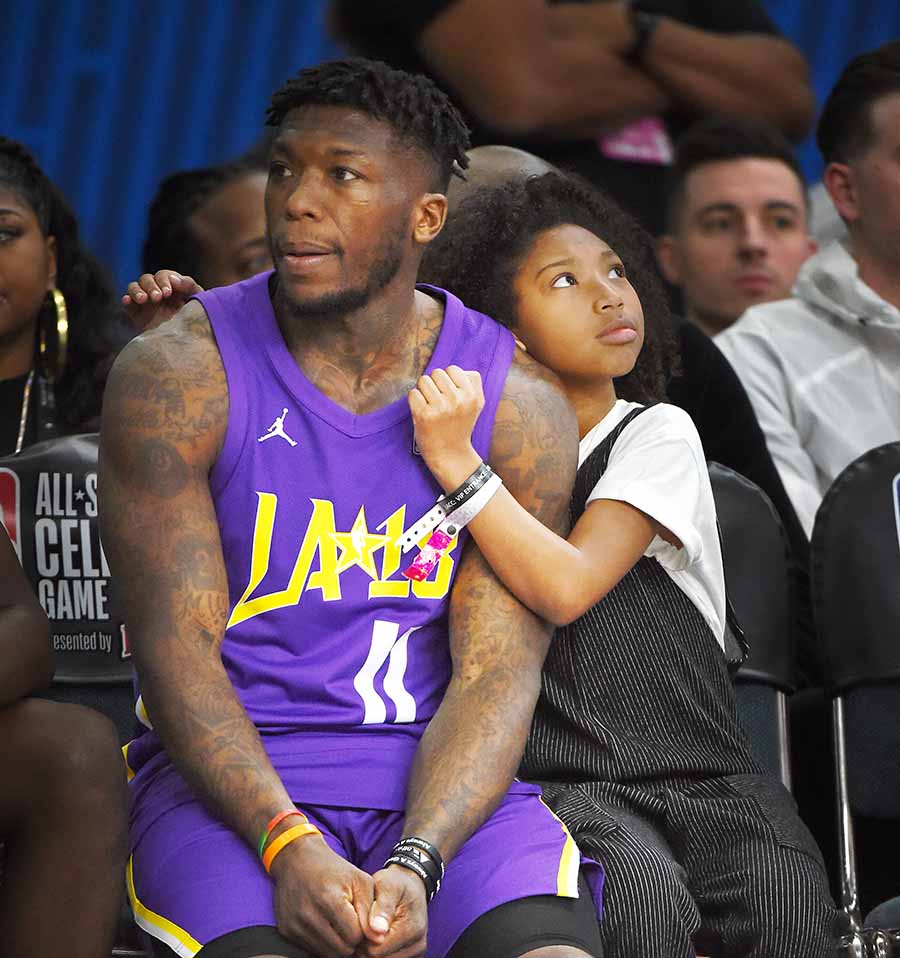
Nate Robinson says his days are numbered if he doesn’t find a new kidney donor soon.
During an interview with Men’s Health, Robinson says he is fighting for his life and he may die if he doesn’t get a new kidney.
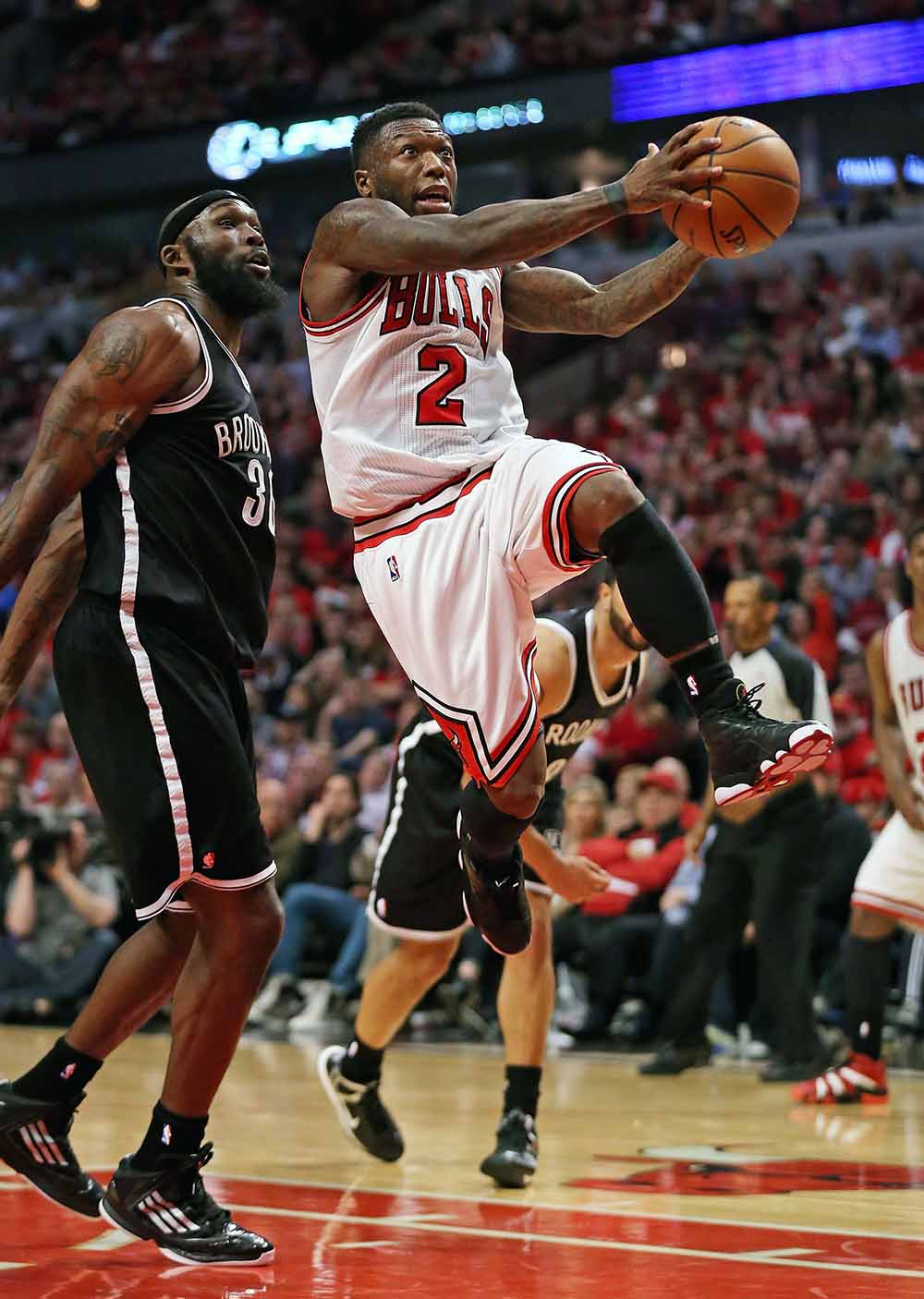
Robinson, 40, said his kidneys began to fail four years ago. He delayed treatment, which he says was a mistake.
“I know that I don’t have long if I can’t get a kidney,” the three-time slam dunk champion said. “I know I’m not going to have long to live. So I just want to make the best of it as much as I can.”
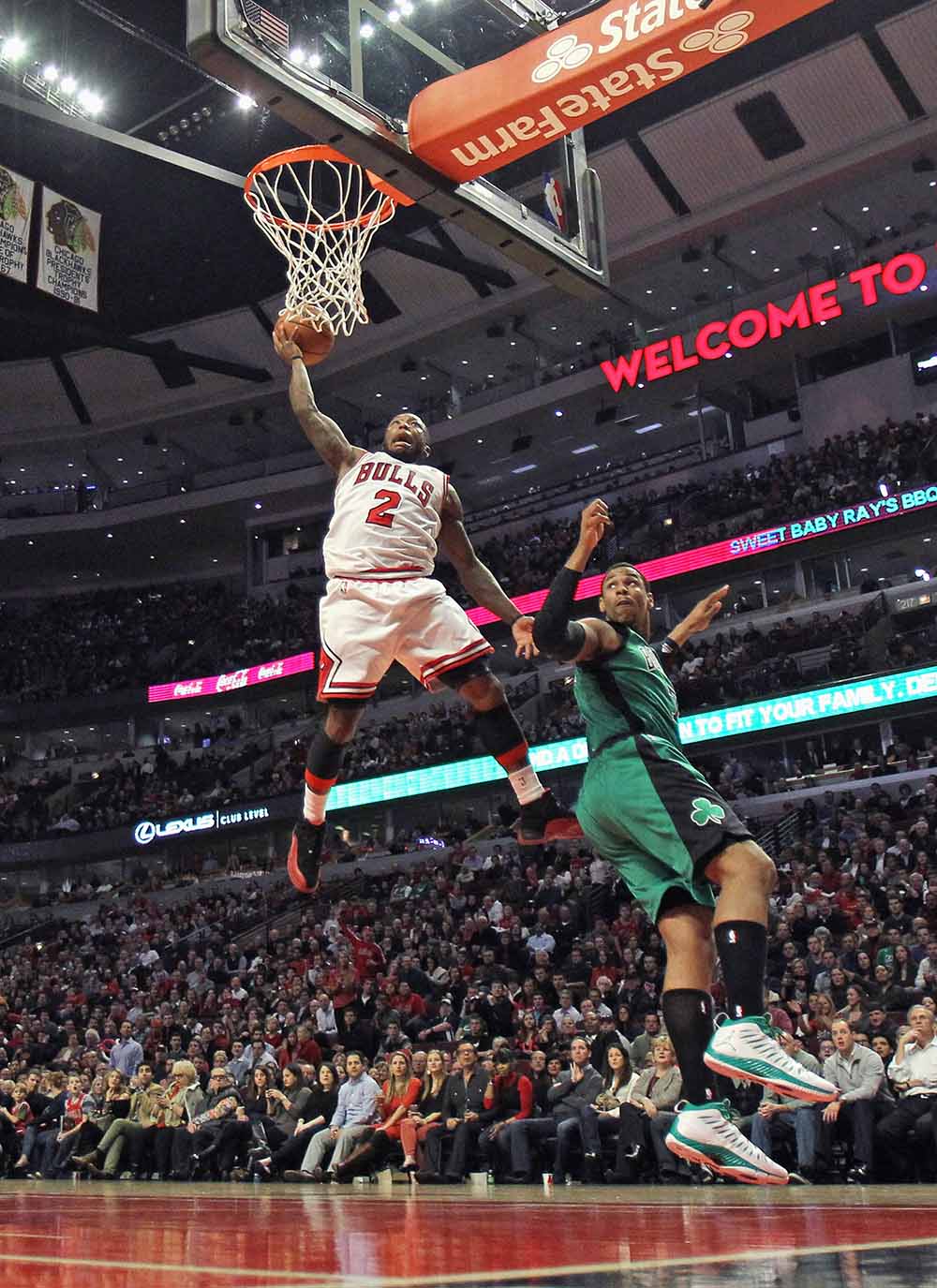
The 5′ 9″ shooting guard receives dialysis to clean his blood three times a week.
“Some days I didn’t want to leave the house; I just didn’t want to do dialysis no more. Some days, I did wanna be here, and do this, until I find a kidney.”
The warning signs were present years ago, he tells Men’s Health. During his playing days with the NY Knicks, team doctors told Robinson his blood pressure was too high.
High blood pressure is one of the causes of kidney failure.
“I felt like I was Superman. I never thought I would get sick.”
“I felt like I was Superman. I never thought I would get sick,” he tells Men’s Heath. He started taking blood-pressure medicine and continued to play basketball.
He insists his retirement from the NBA had nothing to do with his kidney failure but rather with the fact that “the NBA was done with me.”
He continued playing professionally overseas, even winning MVP honors in Venezuela.
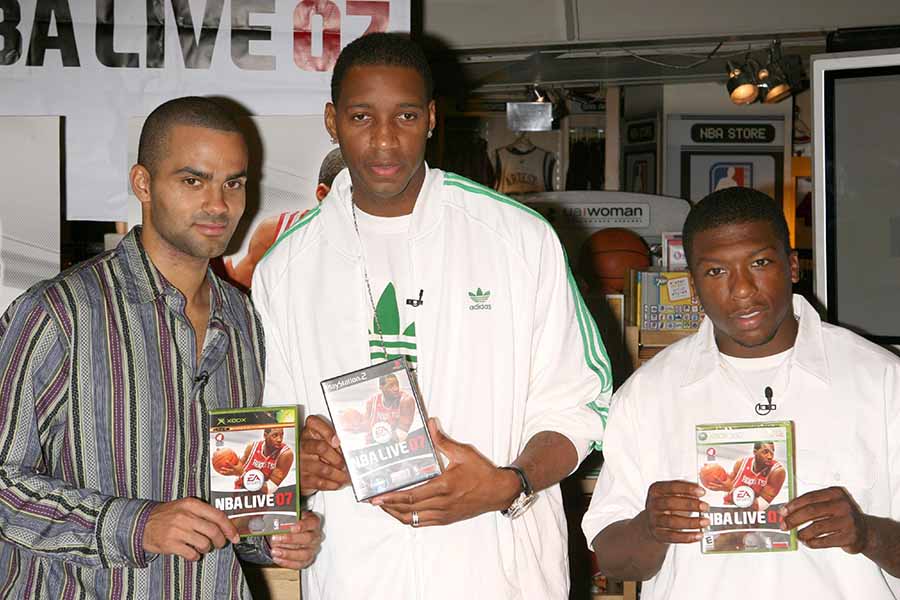
In 2018, Robinson’s kidneys failed and stopped making urine, which can be fatal if left untreated. He suffered from headaches and his feet and ankles swelled from water retention.
Robinson was in Philly for his son’s basketball tournament when he caught a bad case of Covid. “When I got back home to Seattle, I went straight to the hospital,” he says. “It was bad, bro. I was in the hospital for a week. My body, my insides just… stopped working and shit.”
“They told me I might as well start dialysis today,” he says. “‘Your kidneys are working too hard; they’re deteriorating as we speak. The only way you will walk out of here alive is if you start dialysis.’ It was the only thing I had left.”
Robinson’s chances of getting a new kidney are slim to none. Black people are usually placed at the end of organ transplant lists around the country. Even wealthy Black athletes don’t get priority.
“For some reason, they make it harder for us, bro. To get healthy, to get a kidney, to do anything. Our people go through tough times,” he said.
Robinson knows that people on dialysis usually live only 5 to ten years. But he’s encouraged by the fact that some dialysis patients live decades with the right diet and meds.
“I want to stay alive for the next 40 years.”
“I gotta stick around,” the father-of-three said. “I want to stay alive for the next 40 years: be a grandpa, see my kids’ kids, take them to the gym, tell them the stories of when I was in the NBA around ’Bron and Kobe’ and all these guys. I gotta fight for it.”
“I’m gonna be a testimony to somebody,” Robinson adds. “My story doesn’t end here.”


